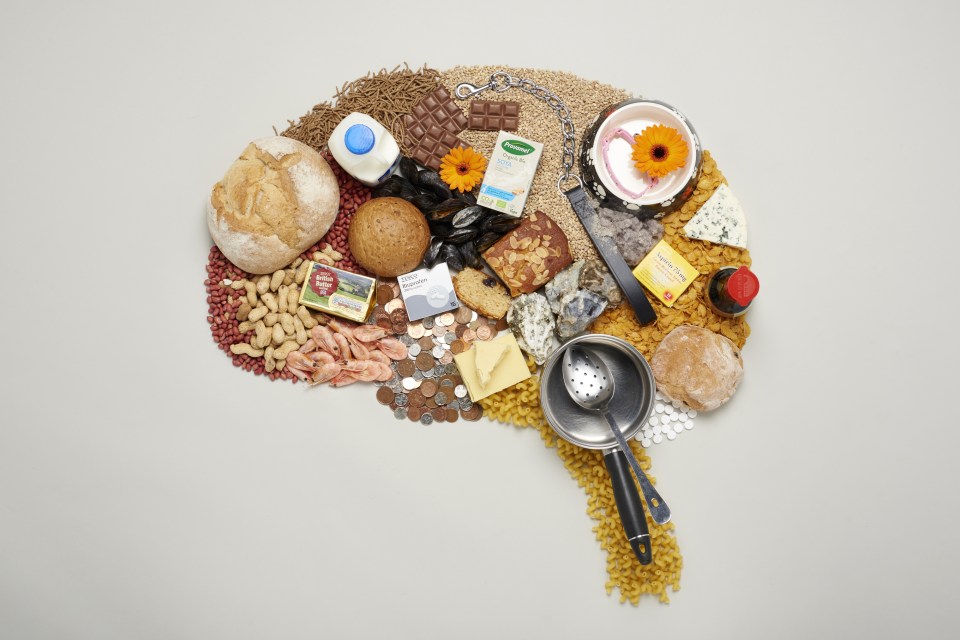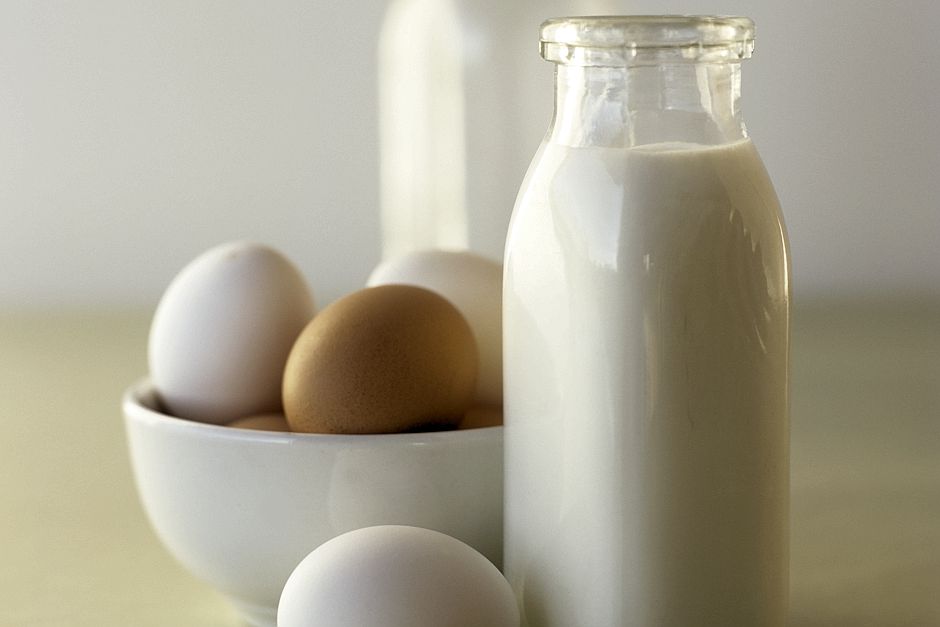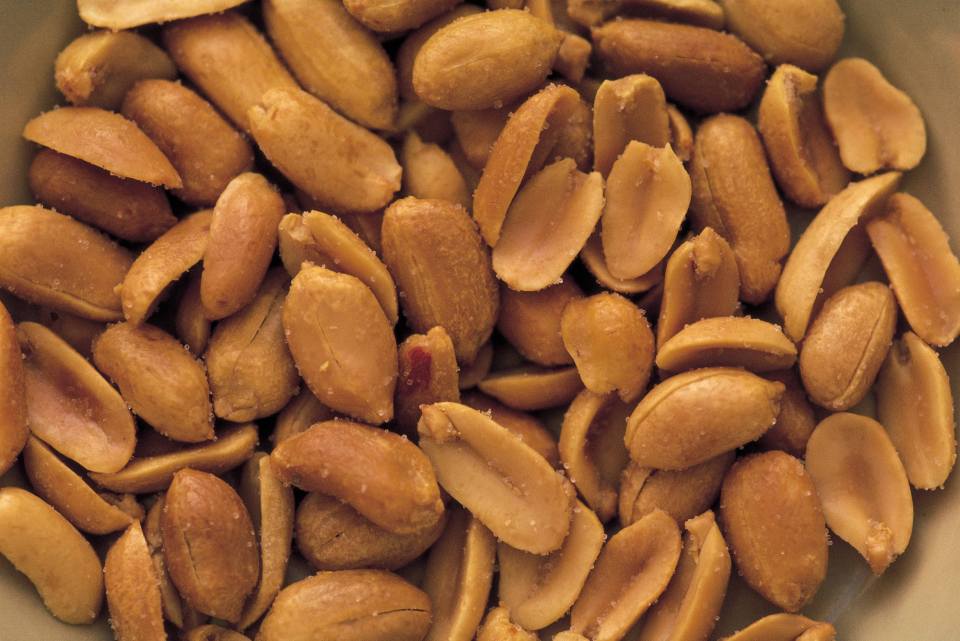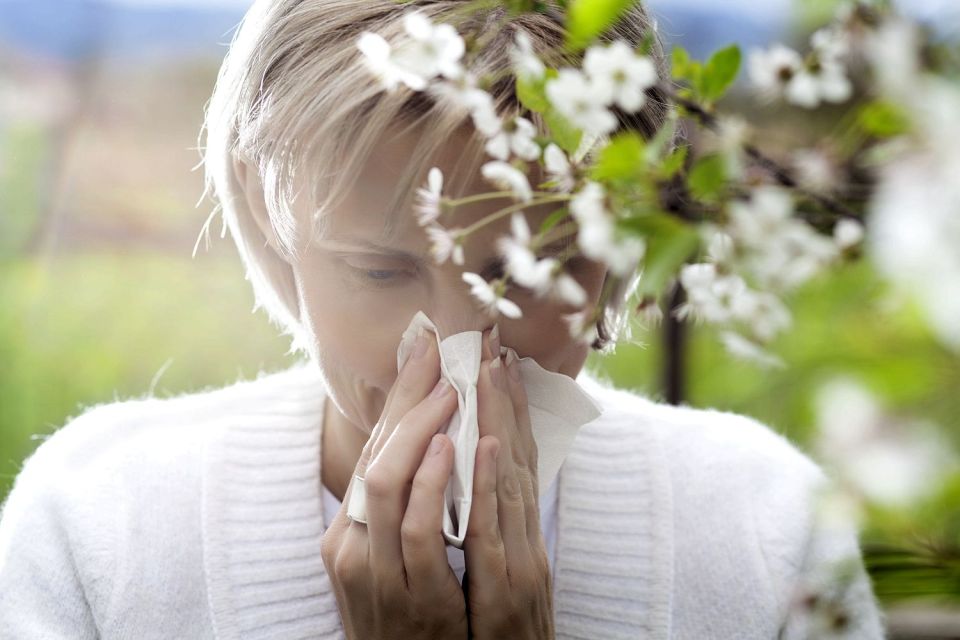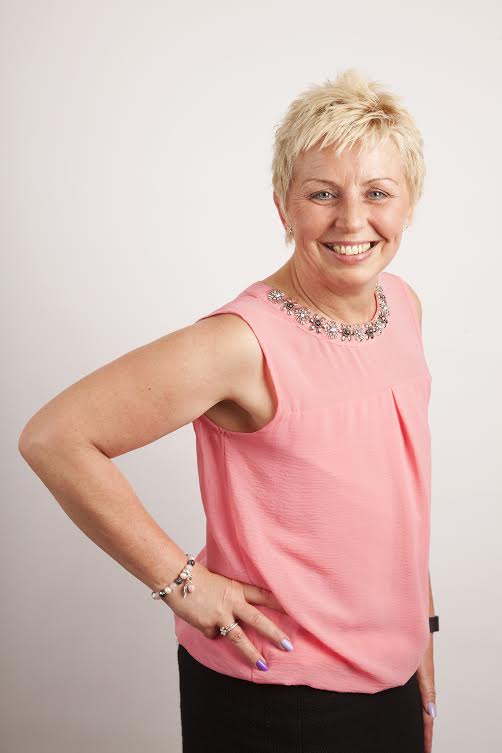Do you think you could be suffering from an allergy or could those symptoms be all in the mind?
Experts reveal that despite 46% of Brits thinking they have health problems, only a third actually do
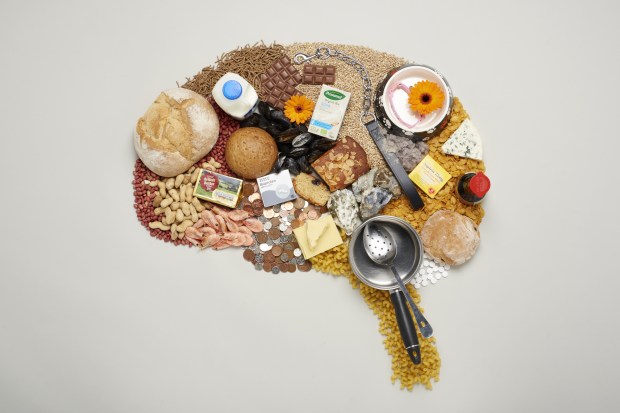
IF you have ever had stomach cramps, bloating or other unsavoury symptoms after eating certain foods, you may think you have a food allergy.
But experts reckon we could be putting our health at risk by cutting healthy and nutritious foods from our diets when we don’t really have allergies at all.
An exclusive poll by The Sun found 46 per cent of Brits think they have an allergy — while two-thirds of adults have seen their GP because of symptoms they believe could be allergy-related.
Yet just a third of those who have sought medical advice for allergies had their fears confirmed by a specialist.
Dr Pamela Ewan, an allergist at Addenbrookes Hospital in Cambridge, said: “It is trendy to ‘have an allergy’ and people are obsessed with a healthy lifestyle.
“People avoid foods because they think it is healthier, rather than because of a medical problem.
“We see children who are malnourished because of their poor diets.
“It’s vital that patients are tested — but there’s no doubt that severe allergies are on the rise.”
Up to half of UK children could have an allergy, according to Allergy UK.
One in five parents in our poll of 1,000 think their child has an allergy.
Pollen, cats, dust, penicillin and dogs top parents’ concerns.
Sneezing, runny eyes and streaming noses are the symptoms most commonly cited.
More of us are seeking emergency medical help for allergies too.
Figures from NHS Digital show there were 12,819 cases where people were admitted to hospital for emergency medical treatment in 2014-15.
There were 4,205 cases of anaphylactic shock — representing an 11 per cent increase over the past five years.
Related Stories
Our poll also revealed that one in five families have seen medics in an emergency because of allergy symptoms — a proportion that rises to one in four in the South West.
One in ten blokes carry adrenaline to counteract life-threatening allergic reactions, whereas just four per cent of women do.
Those in the North East are most likely to carry the life-saving injector pen, with 13 per cent of adults in the region carrying one.
Twelve per cent do so in the South East and 11 per cent in Yorkshire and the Humber.
Dr Ewan, who has worked as an allergist for more than 20 years, said: “We’re seeing people with more severe allergies in Western countries today than we did ten or 20 years ago.
"There is no strong genetic component but it’s thought modern, sophisticated living could be the cause.
“Our houses are cleaner and less aired. We’re not exposed to infections as much.
"Everything is treated with antibiotics and we are exposed to fewer allergens.
“Allergic asthma, allergic rhinitis and allergic eczema are on the rise but this isn’t the case in developing countries.”
Although more of us than ever are suffering with allergies, our knowledge of them remains sketchy.
Four in ten of those polled wrongly believed adults cannot develop allergies suddenly. And one in five didn’t know allergies can worsen over time.
Dr Ewan said: “There is a big difference between allergy and intolerance. People often think they are allergic when they are not. It is very important to get the right diagnosis so you can get the right treatment and learn how to manage the condition.
“Food allergy is usually a sudden and acute reaction, which comes on quickly and can be life-threatening. Intolerance is not.”
Dr George du Toit, a paediatric allergist at Evelina London Children’s Hospital, said: “Allergic foods are frequently highly nutritious, easily accessible and good and safe to eat for those who are not allergic.
"It’s vital those who have symptoms are tested properly and a skilled patient history is taken.
“You should not have a high-street test. This could lead to an over-restriction of diet and further health problems.”
Meanwhile, more Brits than ever are going gluten-free but just four per cent of adults in our survey reckon they are allergic.
The NHS spent £25.4million last year on food for people with allergies and coeliac disease.
That included £16.7million on gluten-free or wheat-free bread and £2.5million on pasta.
NHS Digital said 1.7million prescriptions were written for gluten and wheat-free products in 2015.
Seek advice
SEVERE allergies are on the rise.
But many people misread the symptoms – or think they are allergic to something when they are not. Discuss any concerns with your GP before making changes.
Your symptoms could be a sign of something else.
Here we talk to four women who thought that they had allergies.
Hattie
HATTI BUSH, 28, works in advertising. She is married to recruiter Peter, 28, and lives in Colliers Wood, South London.
She says: "Three and a half years ago I started to suffer from bloating, stomach cramps and lethargy.
"A test found I was intolerant to 15 different things, including gluten and dairy, which I cut from my diet.
"Yet my symptoms continued, worse than before.
"My GP found I’d had an arthritic flare-up linked to Crohn’s disease and insisted it was not due to a food allergy.
"I now manage my condition with a healthy lifestyle and feel fine."
Stephanie
STEPHANIE BARNES, from Brighton, is 29 and works in event management.
She says: "Four years ago I started to get bad headaches, stomach pains, tingling in my limbs and constipation.
"I gave up wheat, gluten, dairy and went vegan but the symptoms persisted.
"My GP diagnosed a very low iron intake. He said stress was making it worse.
"So much of what we feel is caused not by allergies, but our lifestyle.
"I now eat what I want – in moderation. I’ve started meditating a lot and listen to healing music."
Karen
KAREN BLOOR, 53, from Stafford, discovered that her hot, itchy breasts were a symptom of cancer.
She says: "I wear a polyester shirt to work and when I started itching, I thought it was a synthetics allergy.
"After about 18 months my left nipple looked different so I went to my GP.
"I was referred to a clinic where it was confirmed I had breast cancer.
"I needed chemotherapy, radiotherapy and a mastectomy."
Karen is supported by .
Sophie
SOPHIE SADLER, 23, from Romsey, Hants, works in PR.
She says: "When I left university last year I suffered bloating and lack of energy.
"I convinced myself it must be as a result of food intolerances.
"There’s been so much in the media about gluten intolerance and everywhere you turn, people are giving up gluten and dairy.
"It’s become so trendy.
"I am vegetarian and decided I must be lactose-intolerant, so I cut out all dairy. It didn’t help.
"My stepmum is a GP and told me my symptoms were stress-related.
"I had just left uni, I was coming out of a relationship and didn’t have a job.
"I blamed this idea of being lactose-intolerant for my symptoms, whereas in fact I was just unhappy and worried about my future.
"This was reflected in my general health.
"Once I realised this, I found a job I love, stopped restricting my diet and exercised more.
"I feel much happier and physically well.


